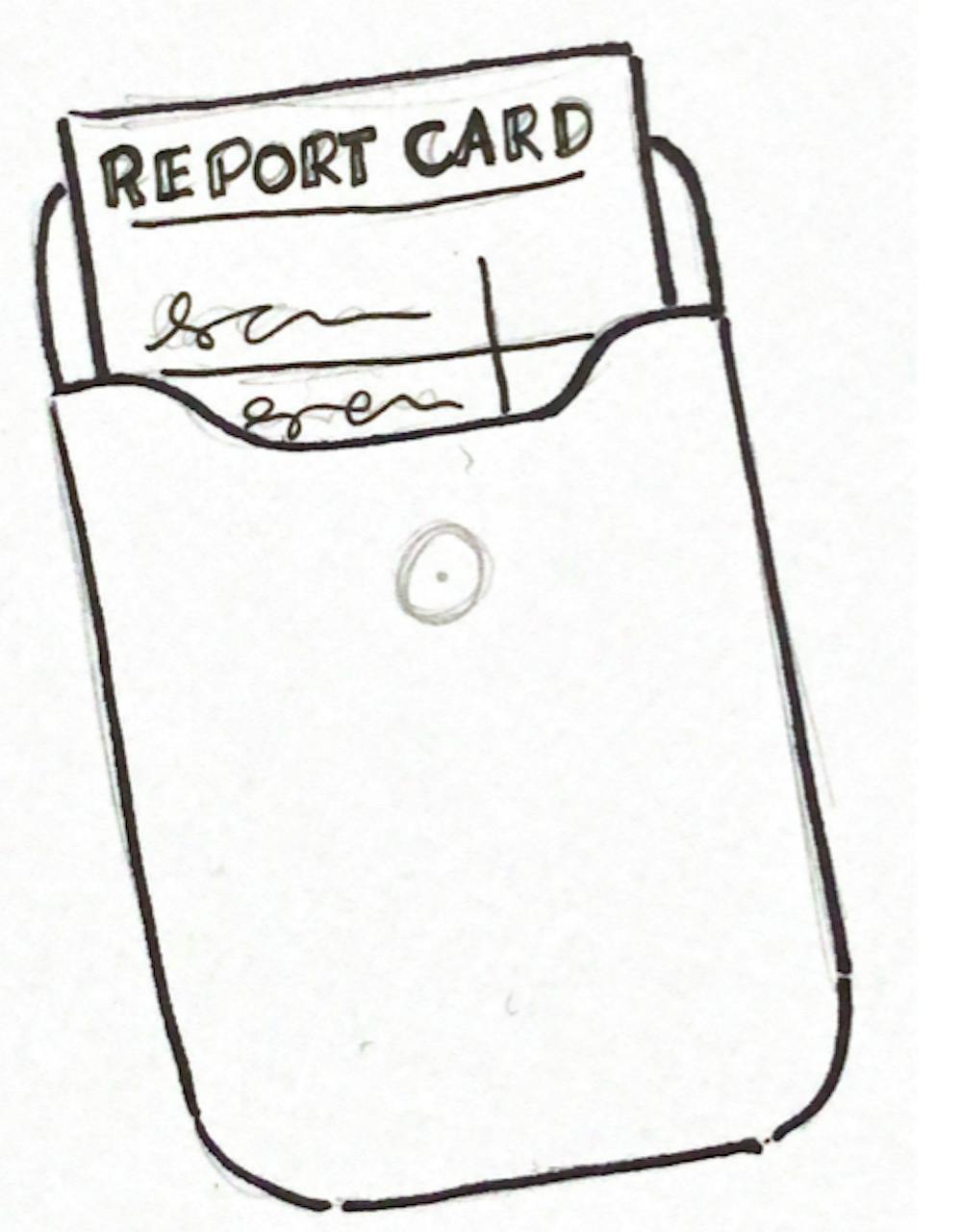College moves to Credit/No Credit system for fall and spring semesters
By Sarah Miller

The college is removing the Pass/D/Fail (P/D/F) option for the fall 2020 and spring 2021 semesters. Instead, students can choose to take one class Credit/No Credit (C/NC) this semester.
A course taken C/NC can be used to satisfy major and minor requirements or distribution requirements, which was not allowed under the previous P/D/F system.
The Education Affairs Committee made the decision to replace the P/D/F option with C/NC after faculty members pointed out the latter option would be preferred because invoking it has no effect on a student’s GPA or academic standing.
Under the original system, students could exercise the P/D/F option twice during their time at Middlebury. Seniors who had been “saving” their P/D/F option will no longer have the opportunity to use them. In addition, some were surprised that they could not take a P/D/F course in addition to their C/NC class.
Professors encouraged to decrease workload, expand flexibility by Faculty Council
By Riley Board
Halfway through a condensed semester with no breaks and increased Covid-19-related stressors, Faculty Council and the Educational Affairs Committee reached out to faculty in a Monday, Oct. 18 email suggesting that they adjust the workloads of their courses to be more forgiving to students.
“As the second half of the term unfolds, a stressful time under the best of circumstances, Faculty Council and the Educational Affairs Committee write to ask faculty members to give themselves permission to cut back on expectations, assignments, and workload in ways that make sense for their own courses,” reads the email, which was signed by the seven members of Faculty Council and five members of the Educational Affairs committee.
The email lists more than 20 suggested strategies for introducing workload flexibility mid-semester, including dropping students’ lowest grades, allowing collaboration on assignments, making due dates less rigid, making exams open-note and permitting a certain number of absences.
“We all — faculty, staff, and students — are working without many of our normal coping mechanisms and social interactions that bring us joy and reduce our stress and anxiety. Almost nothing about this semester is easy, comfortable, or familiar,” the email reads. “We face two options: maintain a workload that stretches us impossibly thin and may drive our students to shut down and learn nothing, or adjust our requirements slightly to give students the needed breathing room to learn and us the time to teach.”
College permits greater dining hall, residence hall and study space access as colder months approach; abandons Phase Three plans
By Riley Board
This week, students were granted expanded access to residential halls and academic spaces, and the freedom to eat in their dining hall of choice, as the college moves into what is being called “Expanded Phase Two.” The college, however, will not be transitioning into the Phase Three that it proposed in initial reopening plans.
Students were informed of the expanded opportunities, alongside a reassessment of the original three-phased reopening approach, in a Wednesday, Oct. 20 email announcement signed by President Laurie Patton, Provost Jeff Cason and Acting Dean of Students AJ Place.
“Given current conditions and state of Vermont limits on gathering sizes and physical distancing requirements, we cannot move to Phase Three as we conceptualized it,” the email reads.
However, they say, this week marks the beginning of an Expanded Phase Two, which will allow students to enter residential halls other than their own from 9 a.m. to 9 p.m. for the first time this semester. Study spaces like Bicentennial Hall and dining hall lounges are open to all students, who may also now choose which dining hall they eat in, the first break from the assigned dining hall system that has been in place all semester.
“When we formulated our plans for the phased opening of the Vermont campus, in July and August, we imagined that we might come to a point where the nation and the world would see a dip in cases of Covid-19, and where we would be able to advance to Phase Three, with an expansion of travel and both on-campus and off-campus activities,” the email said of the changes to Phase Three plans outlined in the summer. “That has not happened. Instead, we are seeing continued spikes both nationally and in the regions around us.”

Emmanuel Tamrat
Emmanuel Tamrat '22 is Digital Director.
He began working for The Campus as a photographer and online editor in the fall of 2018, and previously served as senior online editor.
An Environmental Policy major, Tamrat hails from London, GB but calls Alexandria, VA home. At Middlebury, he is involved in Rethinking Economics and works as a Democracy Intiatives Intern with the CCE.
Comments




